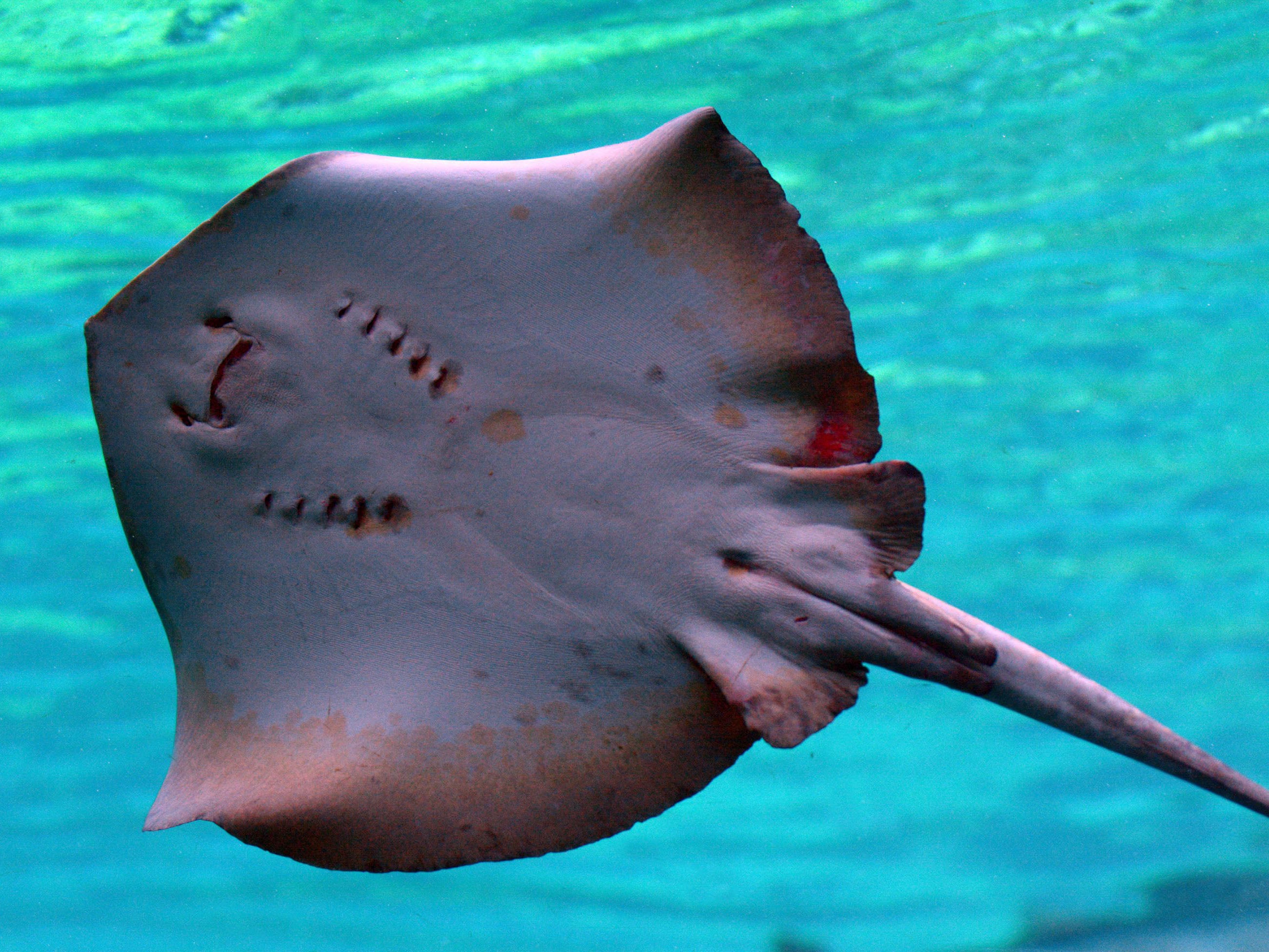Australian swimmer dies after stingray attack in Tasmania
‘It’s a pretty traumatic incident to see,’ say police

An Australian man has died of a heart attack after he was stung by a stingray while swimming off the Tasmanian coast.
The 42-year-old man went into cardiac arrest at Lauderdale Beach on Saturday after the venomous fish’s stinger punctured his lower abdomen.
He was swimming alone and close to shore when the attack happened around 3pm. Friends pulled him from the water but failed in attempts to resuscitate him.
“He was removed from the water by friends prior to the arrival of emergency services,” the Tasmanian police force said in a statement.
“It was reported he was unaccompanied in the water at the time of sustaining a puncture wound to his lower abdomen.”
“It’s a pretty traumatic incident to see,” the police added.
Lauderdale Beach, in the Tasmanian city of Clarence, remained opened on Saturday, according to Australia’s ABC News.
Mayor of Clarence, Doug Chipman said the council was seeking advice on whether to close the beach to swimmers.
“We have to find out if this is a one-off tragic accident or whether there’s a wider threat to the community,” he said.
Stingrays are not considered aggressive and fatal attacks on humans are extremely rare. The venom from its tail spine causes a lot of pain and can alter heart rate and breathing.
In 2006, the Australian conservationist and “Crocodile Hunter” Steve Irwin died after a stingray pierced his heart, while he was filming an underwater scene off Australia’s northern Great Barrier Reef.
Additional reporting by agencies
Join our commenting forum
Join thought-provoking conversations, follow other Independent readers and see their replies
Comments
Bookmark popover
Removed from bookmarks